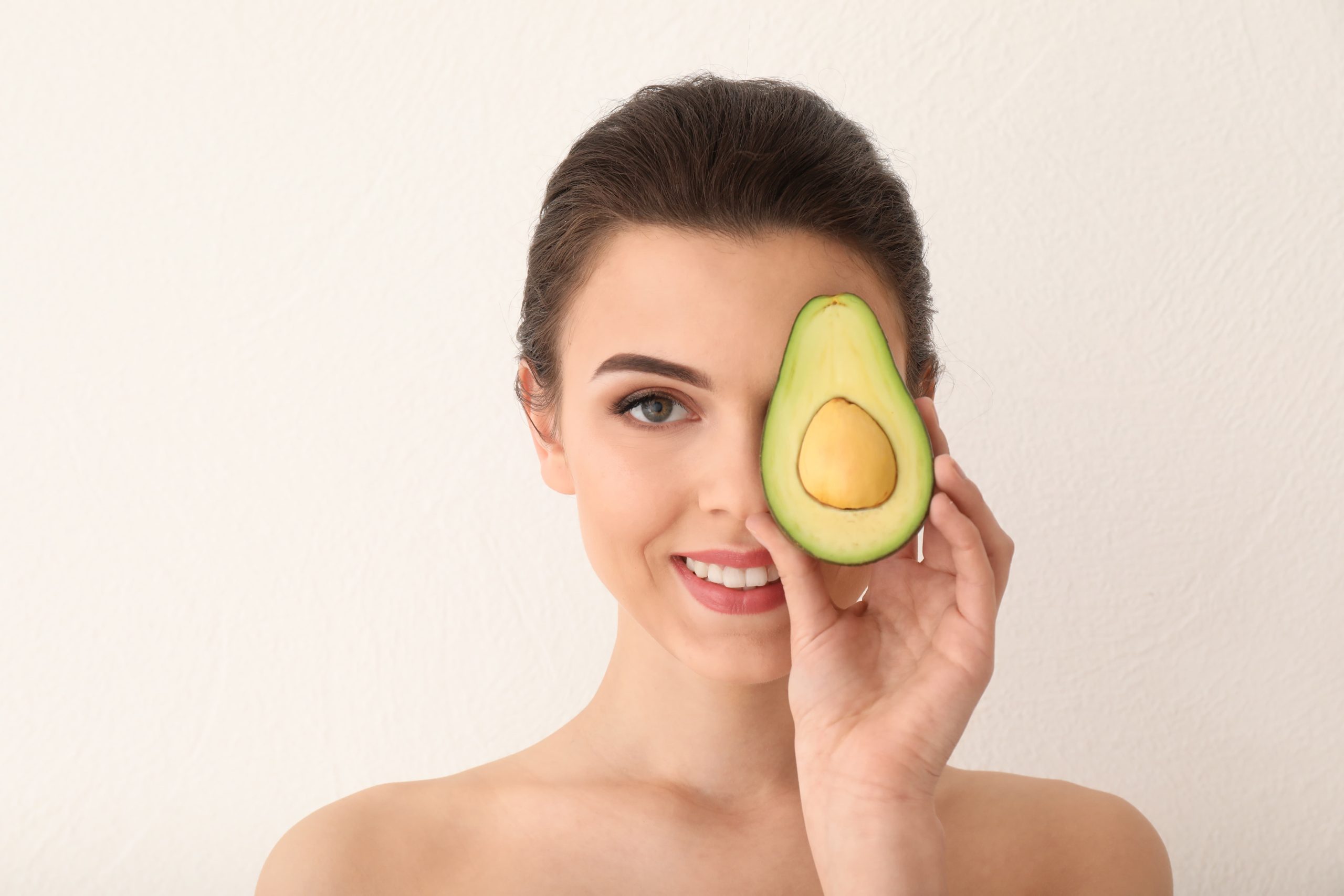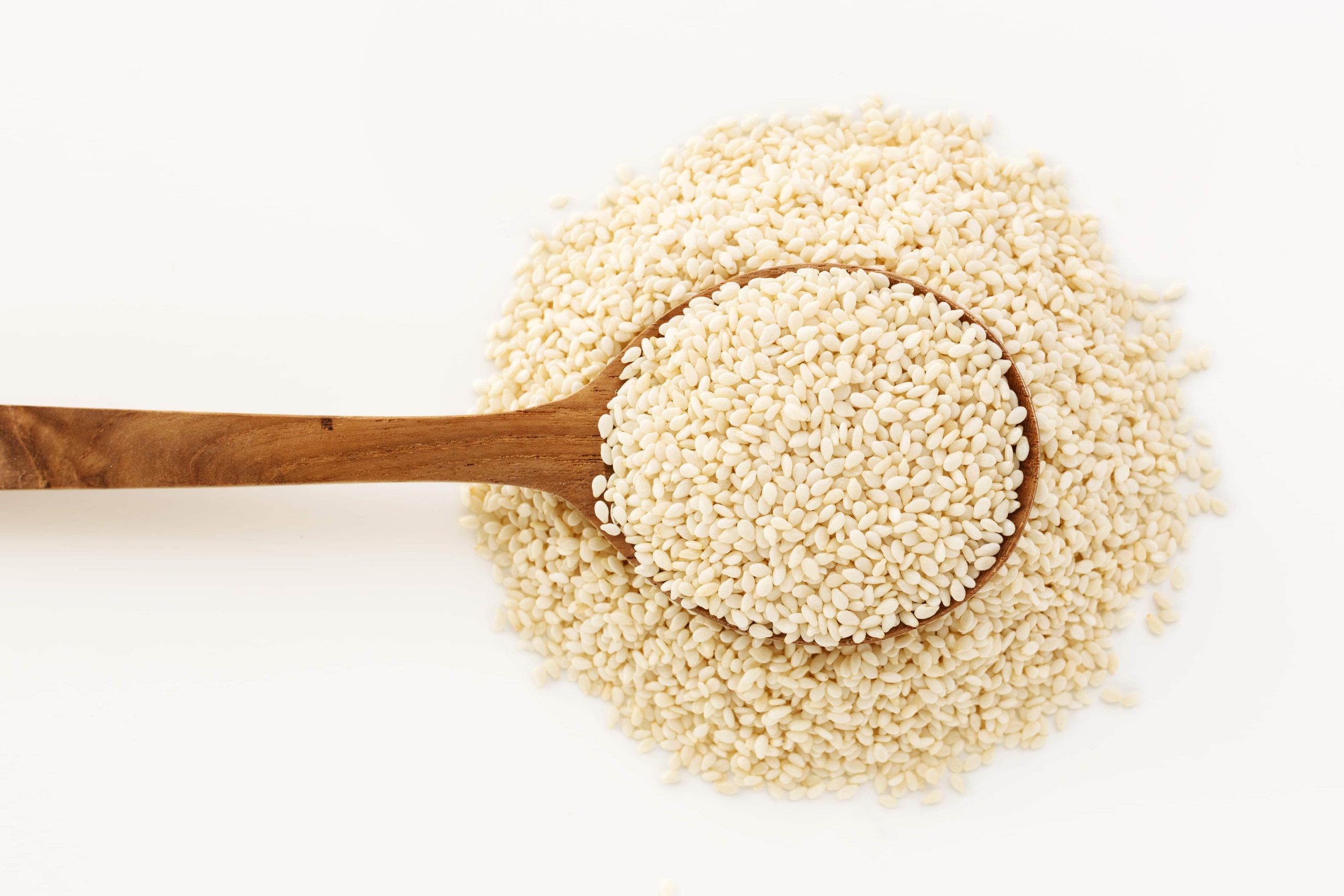
TRYPTOPHANE THE KEY TO OUR MENTAL HEALTH
Serotonin belongs to monoamines, a neurotransmitter group that has a direct correlation with mood, with our physical and spiritual tranquility. Neurotransmitters are chemical compounds that help nerve cells in the brain to communicate with each other. Unusual changes in neurotransmitter function have been associated with the emergence of many neurological diseases such as Alzheimer, parkinsonism and depression.
It is noteworthy that although serotonin is found in many foods such as cheese, fruit, vegetables, however, it cannot easily penetrate the blood-brain barrier, making it difficult to increase its concentration in our brains and thus in our organism.
The mechanism by which we can achieve both the increase and the synthesis of serotonin in our body is based on the intake of tryptophan, which is the serotonin precursor compound, as it can penetrate the barrier to a greater extent and synthesize serotonin with the help of coenzyme pyridoxal phosphate (PLP), which is derived from vitamin B6.
Tryptophan (Trp) is a necessary amino acid, which cannot be synthesized by the body and therefore should be taken through nutrition.
Foods rich in Tryptophanes
![]() Chicken 100γρ / 360mg
Chicken 100γρ / 360mg
![]() Turkey 100γρ / 340mg
Turkey 100γρ / 340mg
![]() Ton 85γρ / 280mg
Ton 85γρ / 280mg
![]() Salmon 85γρ /260mg
Salmon 85γρ /260mg
![]() Beans 170γρ / 180mg
Beans 170γρ / 180mg
![]() Oats 85γρ / 175mg
Oats 85γρ / 175mg
![]() Lentils 200γρ / 160mg
Lentils 200γρ / 160mg
![]() Pumpkin seeds 30γρ / 120mg
Pumpkin seeds 30γρ / 120mg
![]() Sunflower 30γρ / 100mg
Sunflower 30γρ / 100mg
![]() Tahini 1κ. σούπας / 56 mg
Tahini 1κ. σούπας / 56 mg
![]() Walnuts 25 γρ / 50 mg
Walnuts 25 γρ / 50 mg
Foods rich in vitamin B6
![]() Offal
Offal
![]() Eggs
Eggs
![]() Bananas
Bananas
![]() Dried plums
Dried plums
![]() Beans
Beans
![]() Whole grain cereals
Whole grain cereals
![]() Enriched cereals
Enriched cereals
In conclusion
A balanced and properly designed diet can bring about significant changes in our physical and mental wellbeing. The above analysis is based on scientific studies that support the association of dietary intake of tryptophan and serotonin and whether these affect the mental health of a population. It is important to emphasize how more research will need to be done to substantiate the importance of nutrition in improving our mental health.










